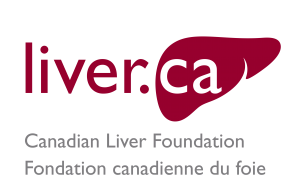Life After Hepatitis C: A New Chapter
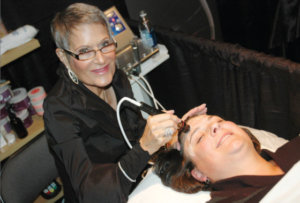
Life After Hepatitis C: A New Chapter
When a routine massage in 2008 left Maryann with a terrible skin reaction, she decided it was best to have it checked. She visited her family doctor who advised that she should be tested for viral hepatitis, especially since her work sometimes took her to Asia where the virus is more prevalent.
Maryann agreed, and it was here that she would first hear the words that would come to shape her life; ‘you have hepatitis C‘.
Having received a blood transfusion during surgery 35 years earlier, Maryann had been carrying the hepatitis C virus for decades without even knowing it. Now, unfortunately, her test results had shown she was in stage three liver fibrosis (one stage away from severe cirrhosis).
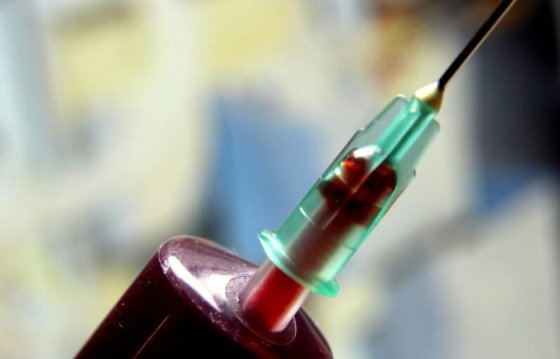
“I had no idea how fortunate I was to receive a diagnosis when I did,” said Maryann. “I never had any obvious signs, you really couldn’t tell.”
Unfortunately, Maryann’s condition would get significantly worse before it could get better.
In May of 2008, just two months after receiving her diagnosis, Maryann was quickly approved and put into a clinical trial for hepatitis C treatment. The study included the use of interferon and ribavirin, a combination therapy that powerfully boosts the body’s immune system to fight the virus.
Maryann underwent weekly injections and took pills daily for seven months, which led to numerous harsh side effects such as itchy skin rashes, blistering from head to waist and extreme pain all over her body. Her side effects got so unbearable that she had to stop her 48-week treatment prematurely at week 32
“The physical and emotional impact my journey had from diagnosis to treatment tremendously affected me and my family,” said Maryann. “I felt like a failure for not being able to complete my treatment.”
Thankfully, good news would soon find Maryann. After a long and difficult recovery that involved regaining her strength, Maryann learned that she was cured of hepatitis C!
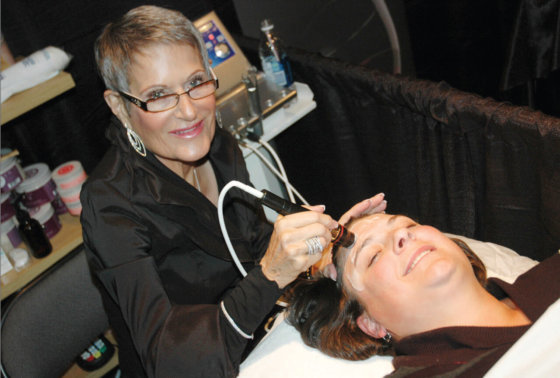
Additionally, those suffering from hepatitis C would soon find good news of their own just two years after Maryann’s treatment. In 2010, new drug therapies that destroy and disrupt the hepatitis C virus called “direct-acting antivirals” (DAAs) had started to become more widely available. This new treatment (used today) can now cure hepatitis C in as little as eight weeks and has shown to cause minimal to no side effects in patients.
Still, Maryann knows there is work to be done to overcome the stigma of hepatitis C. In 2011, she got involved with a hepatitis C support group for women in Okanagan, British Colombia. After all the struggles she experienced, Maryann wanted nothing more than to raise the awareness of hepatitis C and to educate the public on how this disease remains to be a serious public health issue; no matter how you came in contact with the virus.
“I work with girls who are homeless and they tell me that ‘I’m not supposed to have hepatitis C—they are’,” said Maryann. “That misconception is exactly why we need to do everything we can to destigmatize hepatitis C”.
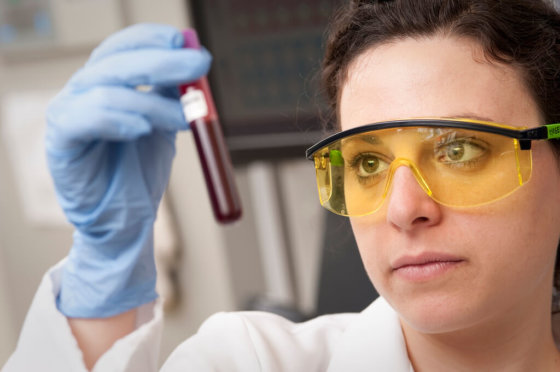
Maryann is clear on where she believes the direction of hepatitis C screening should be headed.
“Every baby boomer needs to ask their doctor for a blood test”, said Maryann. “If you’re unsure, take it from me; ask a lot of questions, do your research, and be educated.”
At the Canadian Liver Foundation, we continue to advocate for the one-time age-based testing of hepatitis C for all Canadians born between 1945 and 1975. This is a disease that presents no warning signs and can lead to cirrhosis, liver cancer and liver failure. New therapies can now cure hepatitis C in over 95% of patients. Learn more about the risks of hepatitis C by visiting liver.ca/ThisIsYourWarning
